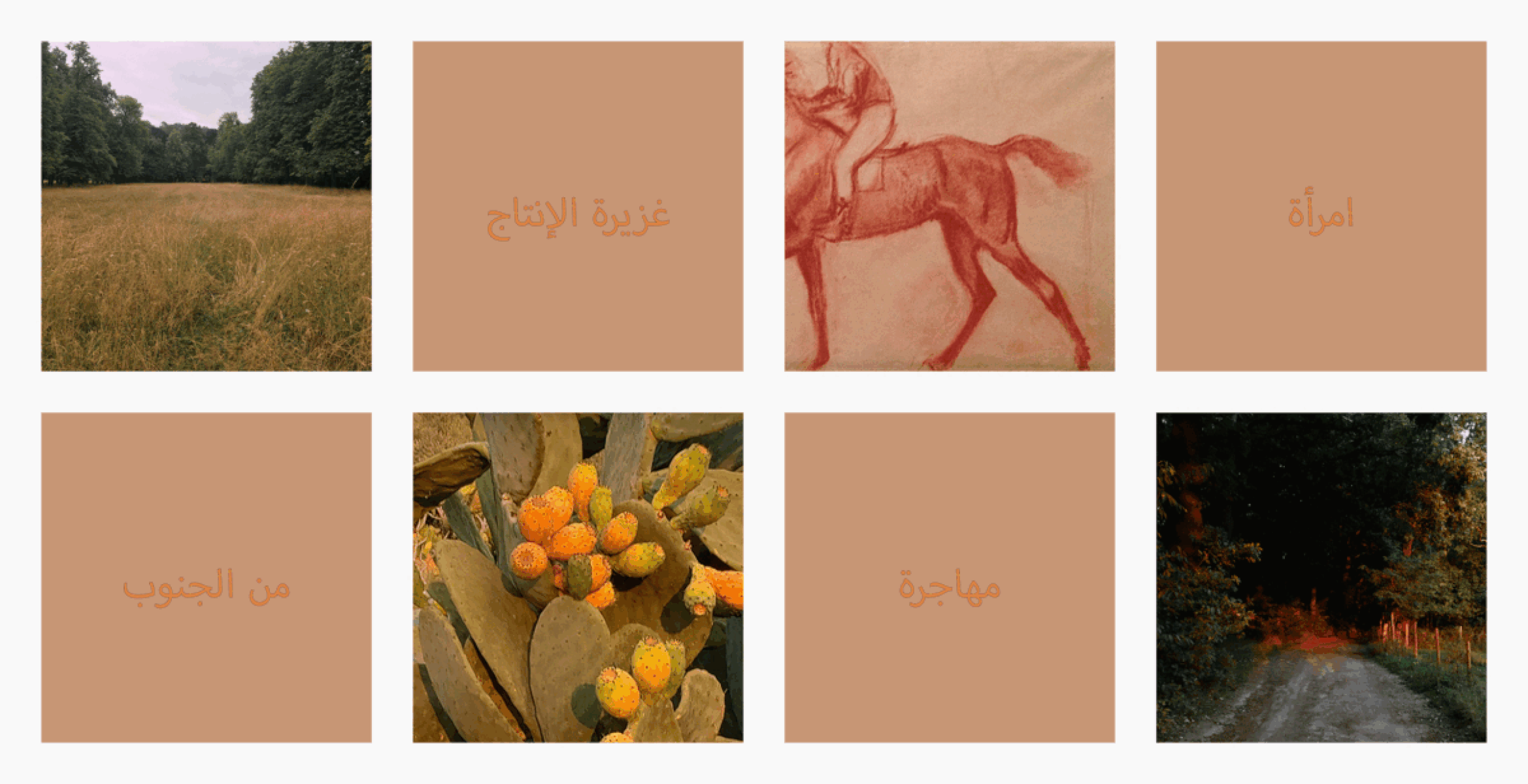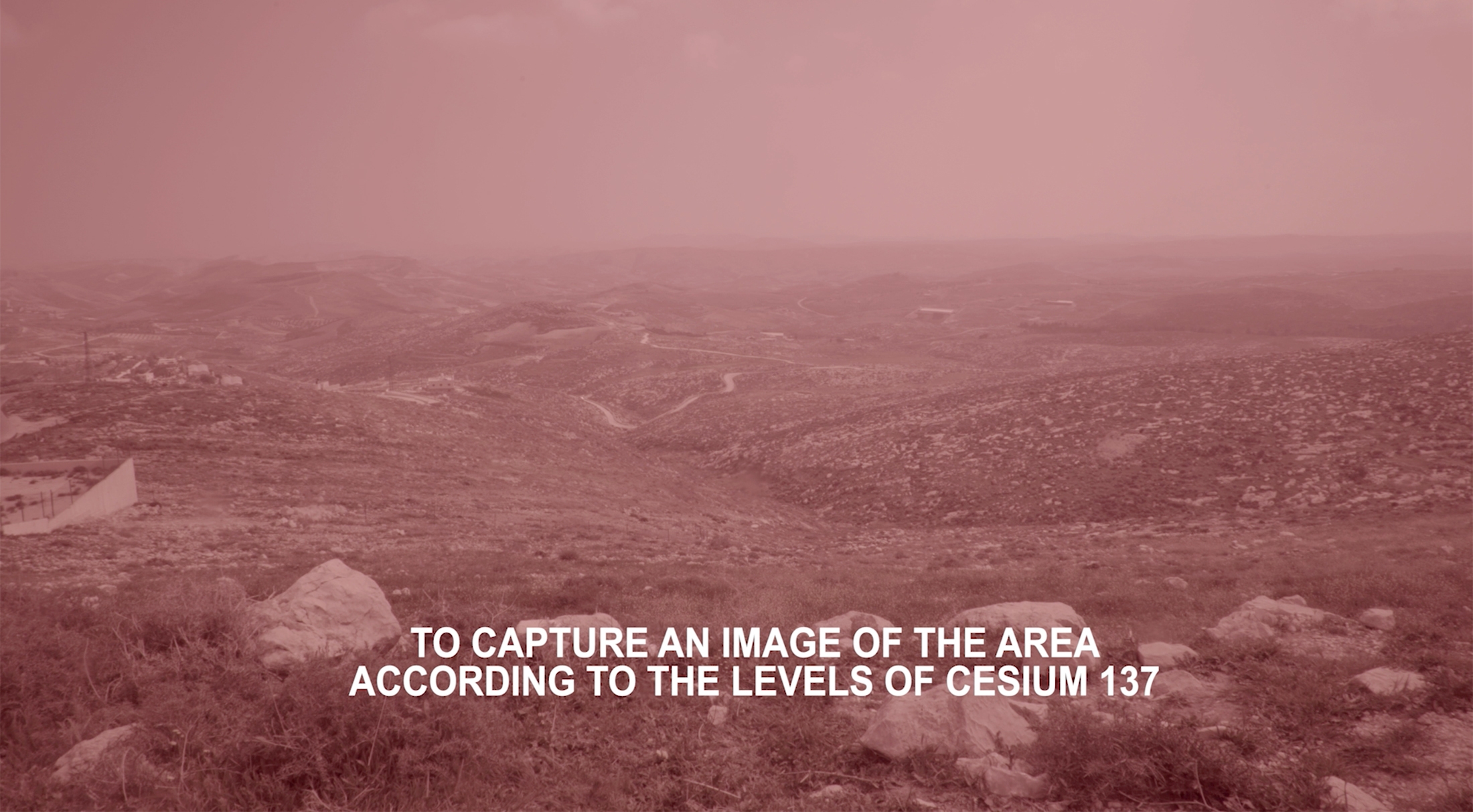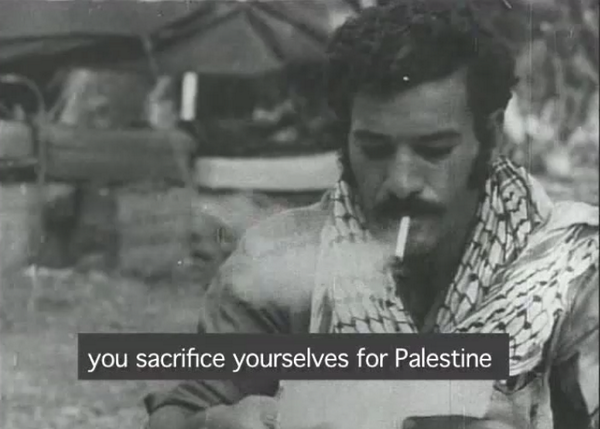Programme (2021)
البرنامج (2021)
Radio Alhara: A Mix for Psychic Refuge, 23rd November 2021
The fourth and last commission in the Psychic Refuge programme is an eclectic set with music selected by the team behind Radio Alhara, mixed by Ibrahim Owais.
Radio Alhara is a radio based in Bethlehem, Ramallah and Amman. Launched during a global lockdown crisis, it encompasses the idea of a public space. The radio hosts musical sets, conversations, recordings, discussions, and its main aim is to blend the limits between producers and listeners.
'The dog chased its tail to bite it off' Alaa Abu Asad (2021), 10th November 2021

The commission stems from the ongoing research 'The dog chased its tail to bite it off' - a research about the subject of invasive plants, their migration, and their socioeconomic, societal, and cultural influences on their “new” milieus. The research focuses on the infamous Japanese knotweed (Fallopia japonica) and the language used to describe it. A language which is fraught with xenophobia and hate. A language which borrows its terminology from realms of military zone and war. A language which is often used to describe human migrants—a language that reveals the current human condition.
Alaa Abu Asad (عَلاء أبو أسعد) is an artist, researcher, and photographer. His practice is centred around developing alternative trajectories in which values of (re)presentation, translation, viewing, reading, and understanding can intersect. Language and plants are main themes in his research–based work, which takes form in writing, film and interactive installations.
'We Have Always Known the Wind's Direction' (2019–2020) by Inas Halabi, Screening 26th October

'We Have Always Known the Wind's Direction' has an outward subject and an inward one. Following research conducted by a local nuclear physicist, the work probes the possible burial of nuclear waste and the presence of man-made radiation, in the south of the West Bank. By placing red plastic filter sheets in front of the camera lens in various locations, different shades of red are generated to make visible the levels of radioactivity. In various ways, Halabi deliberately thwarts, withholds or delays the delivery of information, and the film comes to turn on issues of representation and conveyance. The isotope Cesium-137, invisible but deadly could be seen as a synecdoche for a more ungraspable invisibility- the systemic networks of power and control in the region- and this work as a meditation on how to account for the un-filmable but inexorable.
Credits
filmmaker / producer: Inas Halabi
Edit + Sound: Inas Halabi
Sound mixing : Jacob Oostra
Length: 12 min
Countries attributed to the film: Palestine
Year of production: 2019-2020
Languages spoken: Arabic
‘They Do Not Exist’ (1974) Screening 1st–5th September with Habibi Collective
Organised in collaboration with Habibi Collective, the first in this series of commissions is a film screening of They Do Not Exist for a limited time and a fundraiser for Aswat, the Palestinian Feminist Center for Gender and Sexual Freedoms.
Salvaged from Beirut, They Do Not Exist has only recently been made available. It is attributed to Mustafa Abu Ali who was a founder of the Palestinian Film Unit (PFU), a department of the Palestinan Liberation Organisation (PLO). After the PLO's move to Lebanon following the events of Black September (1970-71), the PFU was renamed the Palestine Cinema Institute, and Abu Ali led the department from 1973 to 1975. Shooting under extraordinary conditions, They Do Not Exist takes its title from the remark made by former Israeli Prime Minister Golda Meir that the Palestinians do not exist. We watch video and archival footage of Palestinian women in the southern Lebanon Nabatia refugee camp, the narration is a girl reading a letter she penned to a fedayee. They Do Not Exist is a stylistically unique work which demonstrates the intersection between the political and the aesthetic; Ali trained under Godard. The film only received its Palestine premiere in 2003, when a group of Palestinian artists "smuggled" the director to a makeshift cinema in his hometown of Jerusalem.
We encourage viewers to donate to Aswat, the Palestinian Feminist Center for Gender and Sexual Freedoms. Established in 2003 as a small group and registered in 2018 as a community-based organization, Aswat is a vibrant feminist-queer movement for sexual and gender freedoms in Palestine. They work to provide services, training, knowledge and spaces for discussion and expression for LBTQI women, teachers and school staffers, civil society activists, professional service providers and community leaders.
DONATE HERE
Habibi Collective is a digital archive, podcast and curatorial platform for women’s cinema from South-West Asia and North Africa (SWANA). Habibi Collective has generated an international cinema community, and has hosted numerous screening events at institutions, such as at MoMA and Sharjah Art Foundation, festivals and community spaces across the world. The podcast has welcomed guests such as Alia Shawkat and Annemarie Jacir; Habibi Collective has also hosted multiple community fundraiser events for those affected by conflict in the region. Habibi Collective also powers SHASHA, the world’s first independent streaming service for SWANA cinema. Founded in 2018 by Róisín Tapponi, she was joined in 2021 by friends and cinema workers Shahnaz Dulaimy, Reman Sadani, Louise Gholam, Bella Barkett and Nour Helou.
